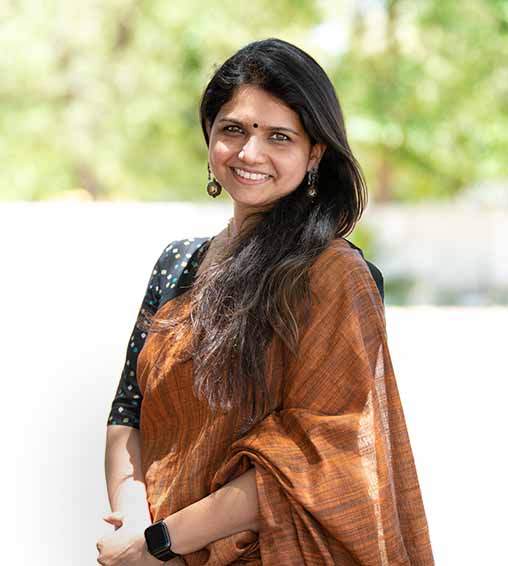
It is an enormous responsibility to choose the right school and the right board for your child; after all, this is a decision that decides their life trajectory for the next fifteen years at the least. A big determinant for choosing the right school for you is the education board that the school is affiliated to. Indian schools primarily affiliate with CBSE, CISCE or the State Boards, however, recent times have seen a significant rise in IB, NIOS, CIE and other global education boards coming to Indian schools.
Let us compare the most popular Indian school boards to help you gain more insight into which board is the right fit for your child.
State Board is highly suitable for the parents and students who require to have their wards complete education with the most affordable prices and highly stabilized and monotoned structure of study. Often the state board in high school is preferred by parents to have sufficient time for competitive exam preparations having a comfortable amount of time on hand.
The CBSE board has a strong foundation of the theory of core subjects, which prepare your child for the advanced national level entrance courses as they are all linked to the NCERT. The ICSE is comparatively broader and deeper than the CBSE with respect to holistic education and a large emphasis on academics and extracurriculars. This education board is also more challenging than the CBSE.
Comparatively, international boards work in stark contrast to the Indian boards. The International Baccalaureate (IB) places significant value on critical thinking, application, research, and real-life preparation. The IBDP for grades 11 and 12 is a rigor-intensive part of the IB, which leads to strong success rates for students seeking higher education abroad; this is because the entire curriculum, methodology and research driven approach allows children to thrive in highly prestigious global universities.
The Cambridge IGCSE is often confused with the IB because their fundamentals of curiosity-driven learning and problem solving approaches are similar. However, while the IB board issues a framework rather than a set curriculum, the IGCSE has country-specific structured syllabi, with the goal of preparing the student for a wide range of international examinations and global education.
In contrast to CBSE and State Board, the CISCE syllabus emphasizes more application-based learning, allowing students to understand concepts better. CISCE provides quality education to students through a practical approach and provides a wide variety of options to students since it emphasizes science, arts, and languages. Though there are many factors to focus on when finding the difference between CBSE, State Board and CISCE, However, overall CISCE is more comprehensive than CBSE and State boards, considered to be more extensive, that follows a higher level of English language. If you are planning higher education for your child at a foreign university, CISCE is an ideal board for you. Its syllabus is especially designed to align with the needs of foreign universities, which demand that the applicant displays a great work ethic.
It is essential to understand that homeschooling in India is legal. The Right to Education Act, 2009, which mandates free and compulsory education for children between the ages of 6 and 14 years, does not prohibit homeschooling.
Advantages of Homeschooling:
- A schedule that is adaptable
- Inexpensive
- Increased quality time for extra activities of interest.
- There is no peer pressure
- Less academic pressure and emotional disturbances and stresses.
- Ability to connect with real life scenario through everyday learning from surroundings.
Homeschooling’s Difficulties:
- Limited resources, such as laboratories
- Putting the lesson plan into action
- There is no structure.
- Lack of social interactions and disciplined streamlined working continuously requires to have self-motivation.

Education is not an inexpensive affair, and international boards are offered at high fees per year. Parents must be mindful of their budget while selecting the board as well. This was a brief overview of a few of the boards offered by schools in India.
Dr. Jinal Joshi
